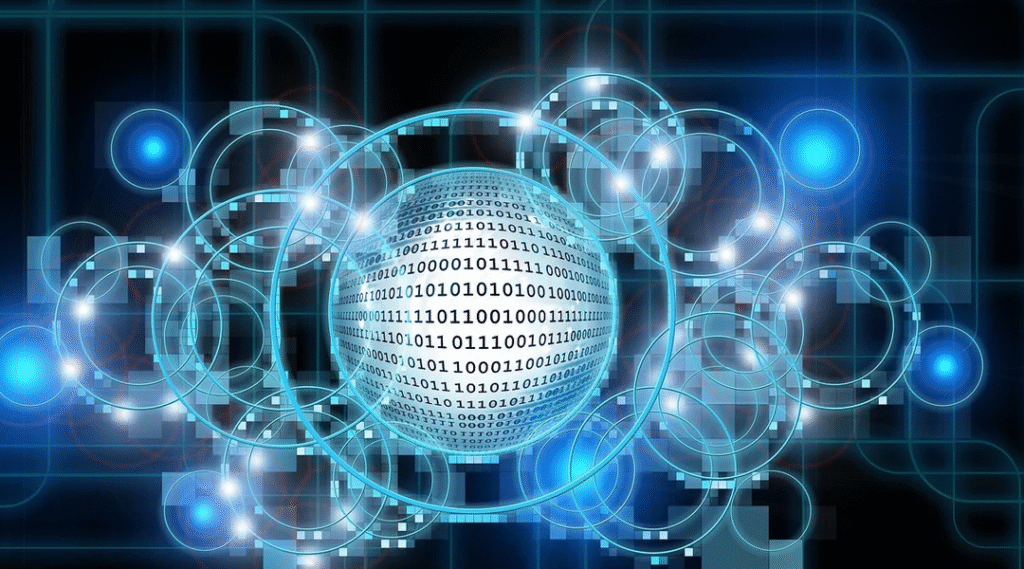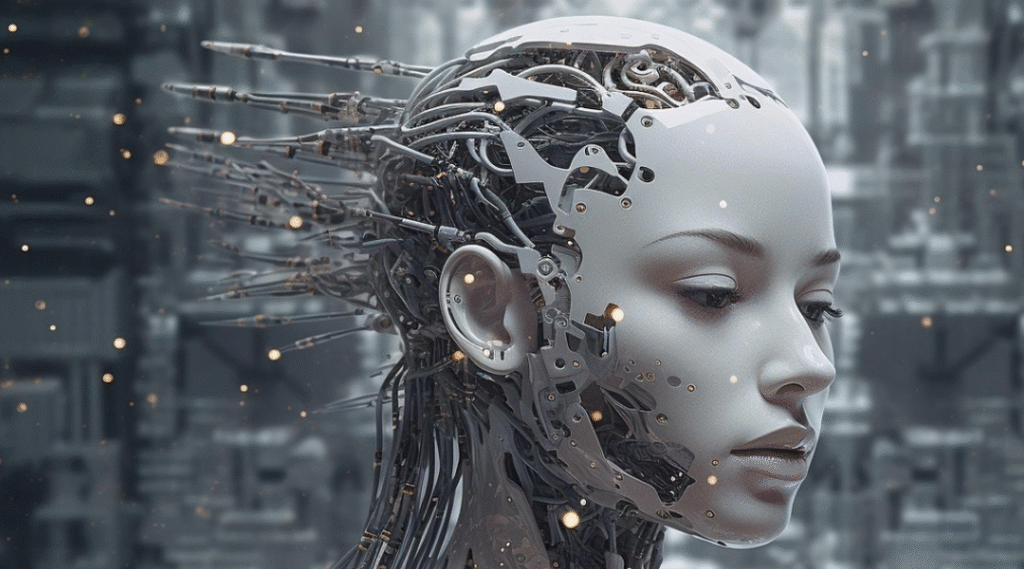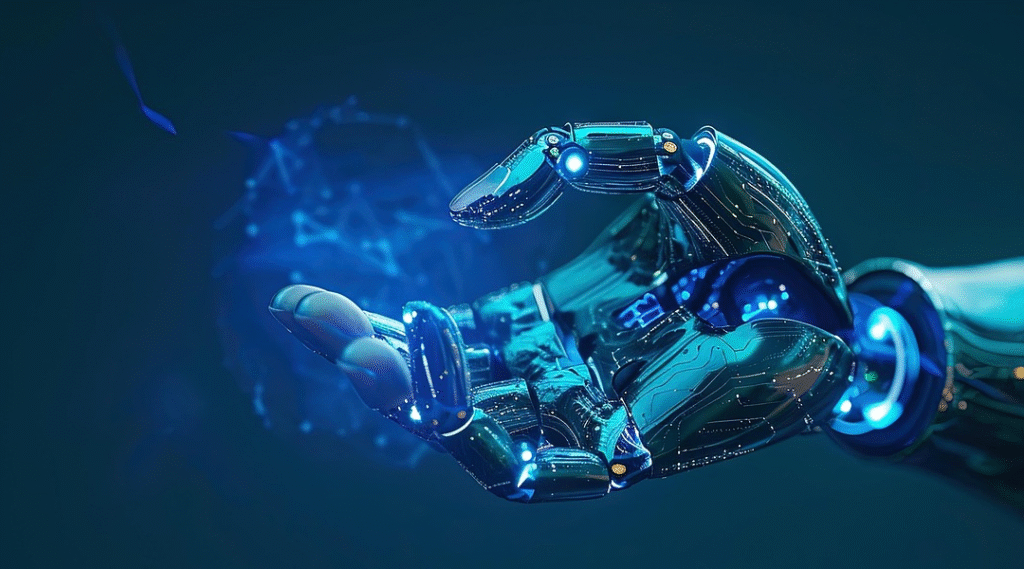Artificial Intelligence (AI) has transcended its speculative roots to become an indispensable driver of change across every facet of modern life. From augmenting human problem-solving to unlocking breakthroughs in science and medicine, AI’s reach is vast—and growing. As organizations, governments, and individuals grapple with both its promise and perils, understanding how AI is rewriting the rules of our world is critical. In this article, we explore the key domains where AI is having its greatest impact and consider the challenges we must navigate to ensure a future in which technology serves humanity’s best interests.
Supercharging Industries and Economic Growth
AI-powered automation and analytics are redefining productivity benchmarks. In manufacturing, intelligent robots and computer-vision systems streamline assembly lines, reducing defects and accelerating throughput. In finance, machine-learning algorithms sift through massive datasets to detect fraudulent activity, optimize investment strategies, and tailor customer offerings in real time. Retailers leverage AI-driven recommendation engines to boost sales while enhancing the shopping journey. A landmark report from McKinsey estimates that by 2030, AI could contribute up to $13 trillion to the global economy through increased efficiency and the creation of entirely new services. As businesses race to integrate AI into their core operations, those that pair technological innovation with strategic workforce development will seize a competitive edge.
Transforming the Nature of Work
While AI promises to elevate productivity, it is also reshaping the labor market. Repetitive, rule-based tasks—from data entry to basic customer support—are increasingly entrusted to machines. This shift has fueled concerns about job displacement, particularly for roles centered on routine activities. Yet AI is likewise spawning new career paths: roles such as machine-learning engineer, data ethicist, and AI systems auditor are gaining prominence. The World Economic Forum projects that while 85 million jobs may be lost to automation by 2025, 97 million new positions will emerge to support and govern AI-driven ecosystems. To harness this transition, organizations must prioritize upskilling and continuous learning programs, equipping employees with the creative, analytical, and interpersonal skills that remain uniquely human.
Revolutionizing Healthcare and Life Sciences
AI’s transformative potential is nowhere more evident than in healthcare. Advanced deep-learning models now analyze medical images—like MRIs, CT scans, and X-rays—with speed and precision that rival expert clinicians, enabling earlier detection of diseases such as cancer. AI-enabled drug-discovery platforms rapidly screen millions of molecular combinations to identify promising candidates, drastically cutting development timelines. From wearable devices that monitor vital signs to telemedicine platforms that triage patients remotely, AI is personalizing care and expanding access. The COVID-19 pandemic underscored AI’s value, as predictive models forecasted case surges, optimized resource distribution, and accelerated vaccine research. As regulatory frameworks evolve, AI’s role in diagnostics, treatment planning, and patient engagement will continue to deepen, paving the way for more efficient and equitable healthcare systems.
Personalizing Education for Lifelong Learning
Educational institutions are embracing AI to deliver tailored learning experiences. Intelligent tutoring systems adapt curricula to each student’s pace and style, providing instant feedback and targeted exercises that reinforce understanding. Natural-language processing tools assist with grading, language translation, and research support, freeing educators to focus on mentorship and critical thinking. Virtual and augmented-reality simulations offer immersive, hands-on practice in fields ranging from chemistry to construction. Furthermore, AI-driven analytics identify students at risk of falling behind, allowing timely interventions and support. As online and hybrid models become mainstream, AI will be instrumental in crafting personalized learning pathways, empowering learners of all ages to acquire the skills needed for the jobs of tomorrow.
Driving Environmental Sustainability
AI is emerging as a powerful ally in addressing climate change and environmental challenges. Satellite imagery analyzed by machine-learning models tracks deforestation, monitors water quality, and predicts natural disasters with unprecedented accuracy. Smart energy grids use AI to balance supply and demand, integrate renewable sources, and minimize waste. In agriculture, precision-farming technologies leverage AI to optimize irrigation, fertilization, and harvesting based on real-time soil and weather data—boosting yields while conserving resources. Transportation systems employ AI for dynamic routing, congestion control, and electric-vehicle charging optimization. By harnessing data-driven insights, AI-driven solutions can help societies achieve sustainability targets, safeguard ecosystems, and build resilience in the face of environmental threats.
Upholding Ethical Standards and Governance
As AI permeates every corner of society, it brings a host of ethical and governance challenges. Bias in algorithms, erosion of privacy, and questions of accountability demand robust safeguards. Policymakers around the globe are crafting regulations to ensure transparency, fairness, and respect for human rights in AI deployment. Industry coalitions and interdisciplinary research consortia are developing standards for explainable AI, secure data practices, and algorithmic auditing. Ultimately, the responsibility to shape AI’s trajectory rests with a broad spectrum of stakeholders: technologists, business leaders, legislators, and civil-society advocates must collaborate to establish ethical frameworks that guide innovation while protecting the public interest.
AI’s ascendance represents neither an unquestioned utopia nor a foregone dystopia—it is a transformative tool whose impact will mirror the choices we make. By investing in talent development, embedding ethical principles, and fostering inclusive innovation, we can ensure AI remains a force for good. Together, we have the opportunity to harness AI’s vast potential to drive economic prosperity, improve health outcomes, revolutionize learning, and safeguard our planet. The task before us is clear: to steward AI’s evolution in ways that uplift every individual and community, forging a future in which technology and humanity advance hand in hand.
AI is making future coming faster than ever before, you may also want to know more, please read the following articles: “The Invisible Hand: How AI Technologies and Algorithms Shape Our Daily Lives” and “Collaborative Robots: The Cornerstone of Tomorrow’s Manufacturing“
As for in-depth insight articles about AI tech, please visit our AI Tech Category here.
As for in-depth insight articles about Auto Tech, please visit our Auto Tech Category here.
As for in-depth insight articles about Smart IoT, please visit our Smart IoT Category here.
As for in-depth insight articles about Energy, please visit our Energy Category here.
If you want to save time for high-quality reading, please visit our Editors’ Pick here.



